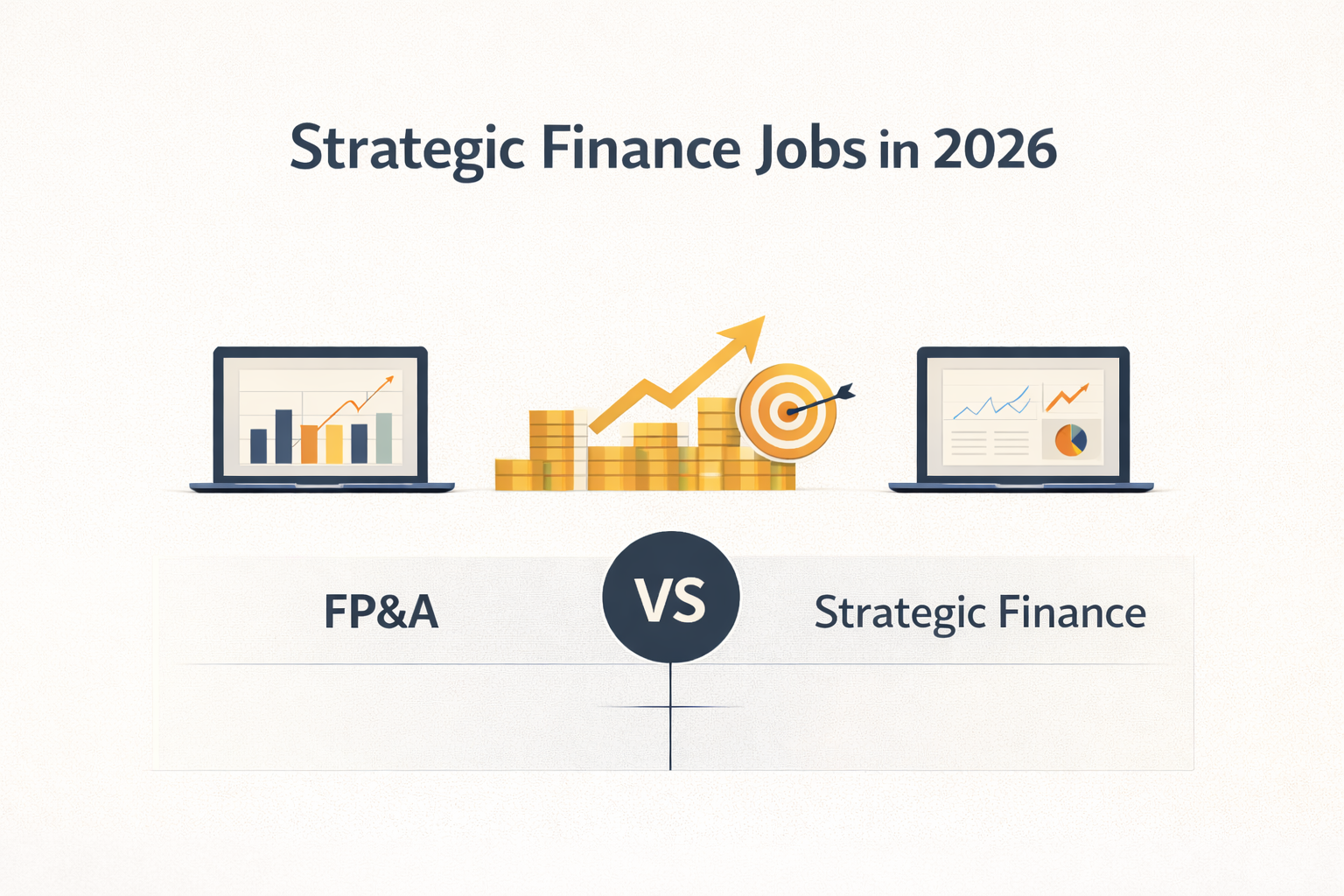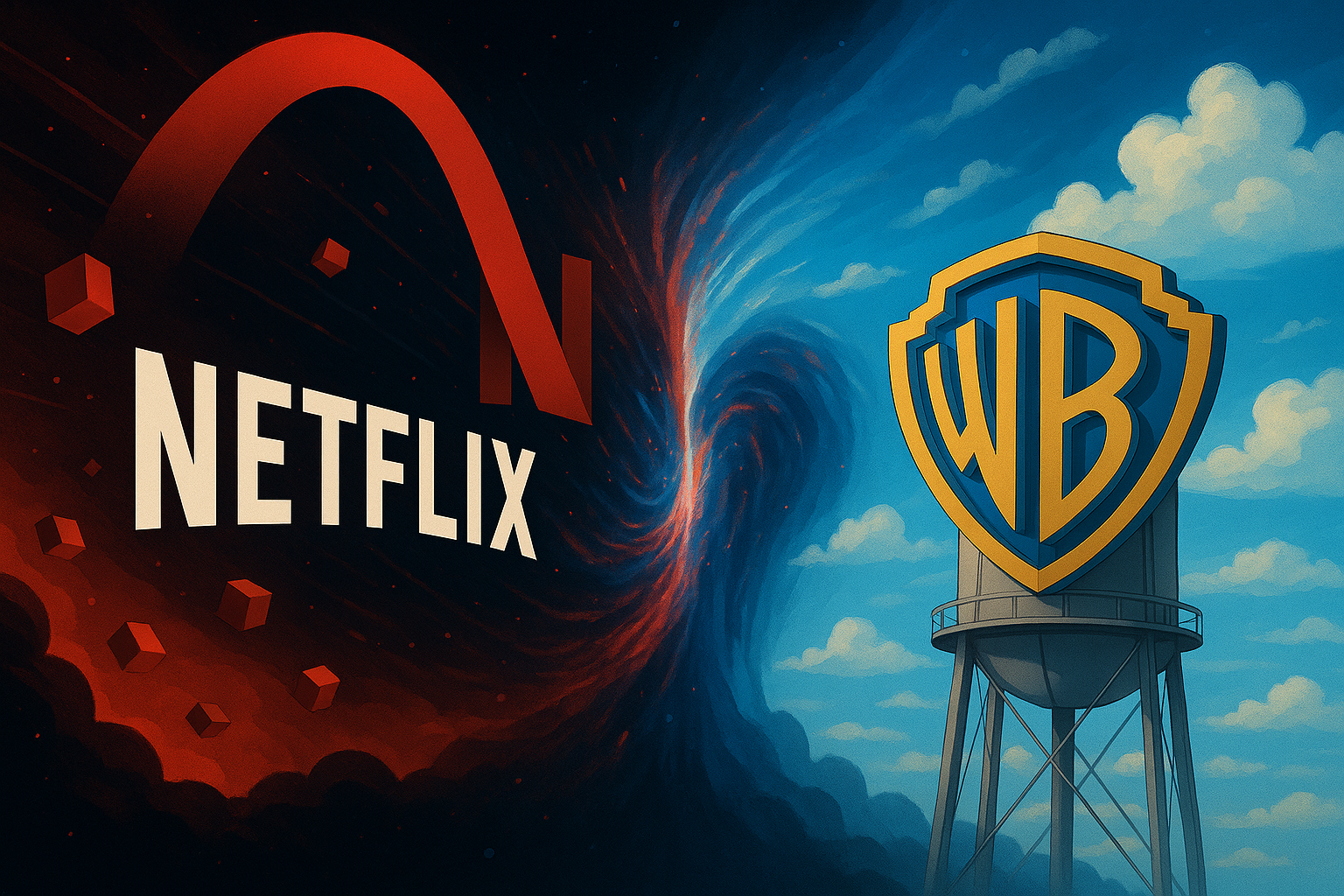Introduction
In March 2025, Google announced its largest acquisition to date: the $32 billion purchase of Wiz, a fast-growing cloud security platform. While this move drew attention for its size, the real story lies in the strategic rationale behind the deal. From a Strategic Finance lens, the acquisition offers a blueprint for how tech giants are aligning capital allocation with long-term business value creation in AI, security, and enterprise cloud infrastructure.
This article dissects the Google-Wiz deal through the core pillars of Strategic Finance: market positioning, product fit, value creation, capital deployment, and long-term financial impact.
Market Positioning: Google Cloud’s Competitive Landscape
The Cloud Wars
Google Cloud remains the third-largest public cloud platform, trailing behind AWS and Microsoft Azure. While Google Cloud has seen impressive revenue growth, it has historically lagged in enterprise adoption due to perceptions around security, integration, and customer support.
Why Security Is Now a Differentiator
As cloud workloads have become more mission-critical—especially with the rise of AI applications—enterprise buyers now prioritize security as much as performance or cost. Cloud-native cybersecurity is no longer a bolt-on; it's a core requirement. This shift has elevated the role of integrated security in winning large enterprise deals.
Wiz’s Market Position
Wiz is one of the fastest-growing cloud security platforms globally. Launched in 2020 by a team of former Microsoft executives, the company developed an agentless, API-first solution that provides visibility and control across multi-cloud environments. Its rapid adoption by Fortune 100 enterprises made it a strategic asset for any major cloud provider looking to enhance its security stack.
Product Fit: Complementary Capabilities and Ecosystem Synergy
Google Cloud’s Existing Security Suite
Before the acquisition, Google Cloud already offered security tools like Chronicle, Mandiant, and BeyondCorp. However, these tools were either reactive (focused on incident response) or required complex deployment. What Wiz brings is simplicity, real-time visibility, and a developer-friendly interface.
Seamless Multi-Cloud Coverage
One of Wiz’s biggest strengths is its ability to secure workloads across AWS, Azure, and Google Cloud. This aligns with the enterprise reality: most large companies use multiple cloud vendors. By acquiring Wiz, Google can now offer end-to-end security—even for non-Google environments—making it a more attractive strategic partner.
Enhancing the AI Stack
Google has invested heavily in its AI suite, including products like Vertex AI and Gemini. But AI deployments also introduce new security challenges—data leakage, model poisoning, and hallucination risk. Wiz had already begun building capabilities to secure generative AI environments, giving Google a critical edge in delivering safe AI services.
Value Creation: Strategic Finance Rationale
Strategic Finance Principle #1: De-risking Future Revenue
Wiz helps Google Cloud de-risk its future revenue by making its platform more enterprise-friendly. As security concerns often delay or block large contracts, having best-in-class integrated security reduces sales friction and accelerates deal cycles.
Strategic Finance Principle #2: Enhancing Margins
Security tools typically carry higher margins than compute and storage services. By bundling Wiz’s capabilities into premium cloud offerings, Google can improve its overall gross margin mix within Cloud, which is a key KPI for analysts and investors.
Strategic Finance Principle #3: Expanding TAM
The acquisition expands Google Cloud’s total addressable market (TAM). Instead of only monetizing its own infrastructure, it can now provide security for workloads across all cloud platforms. This cross-cloud strategy creates new upsell and cross-sell opportunities, increasing customer lifetime value (LTV).
Strategic Finance Principle #4: Talent and Execution Risk Mitigation
Wiz’s leadership and technical teams are battle-tested. Acquiring a proven team reduces the execution risk that comes with building internally, especially in fast-moving domains like cloud security and AI safety. In Strategic Finance, this translates to faster time-to-value and improved ROI on investment.
Capital Deployment: Why $32 Billion Makes Sense
Valuation Rationale
At $32 billion, some may question whether Google overpaid. But when evaluated against key Strategic Finance metrics—ARR growth, strategic positioning, and margin impact—the price tag aligns with long-term value creation.
Wiz was reportedly growing ARR at over 100% year-over-year with best-in-class net revenue retention. If integrated successfully, the return on invested capital (ROIC) could surpass internal benchmarks, especially when layered into broader Google Cloud contracts.
Opportunity Cost and Build vs. Buy
Strategic Finance always weighs opportunity cost. Google could have spent years trying to replicate Wiz’s capabilities, but that would come with slower GTM execution and talent acquisition challenges. The $32 billion is not just for technology—it’s for speed, access, and strategic positioning.
Funding and Capital Efficiency
With over $100 billion in cash and equivalents, Alphabet has the financial flexibility to pursue large strategic acquisitions without compromising its balance sheet. From a capital allocation standpoint, this deal uses cash reserves to acquire a high-growth asset rather than repurchasing shares or issuing dividends—both of which would have lower long-term ROI.
Long-Term Impact: Building a Secure, AI-Ready Cloud Business
Financial Modeling the Impact
In a Strategic Finance model, the impact of Wiz can be projected across three key areas:
- Topline Revenue Growth: Wiz immediately contributes to cloud revenue and may add $1B+ in ARR by 2026.
- Margin Expansion: Integrated premium security services command higher margins, lifting Google Cloud’s blended gross margin.
- Customer Acquisition and Retention: Improved security posture increases win rates for enterprise accounts and reduces churn.
Strategic Narrative for Investors
This acquisition supports Alphabet’s narrative of transforming Google Cloud into a sustainable, high-margin growth engine. As investor scrutiny moves beyond topline to profitability and strategic positioning, the Wiz acquisition signals a long-term commitment to enterprise excellence.
What This Means for the Industry
Competitive Pressure on AWS and Azure
Google’s move puts pressure on AWS and Azure to either bolster their own security portfolios or consider similar high-profile acquisitions. It raises the bar for what enterprise customers now expect as part of a secure cloud offering.
Redefining Security as Core Infrastructure
Historically, security has been treated as an add-on. This deal redefines it as core infrastructure—something so essential that it must be embedded within the cloud platform itself. This has implications for how future infrastructure M&A will be evaluated.
Acceleration of AI-Native Security
Wiz’s investment in AI-native security aligns with broader industry shifts. As AI workloads become the norm, traditional security models no longer suffice. Google is betting early on a security model built for the AI era.
Final Thoughts: A Blueprint for Strategic Finance in Action
The Google-Wiz acquisition isn’t just a $32 billion headline—it’s a masterclass in Strategic Finance. It reflects:
- Alignment of capital allocation with long-term product strategy
- Smart use of M&A to de-risk and accelerate execution
- A financial narrative that supports both growth and profitability
For finance leaders and strategic decision-makers, this deal is a reminder that bold moves, when grounded in strong strategic finance principles, can unlock outsized value.
As the cloud wars heat up and AI reshapes enterprise computing, expect more deals like this—where finance is not just the scorekeeper, but the strategist at the table.






.png)

